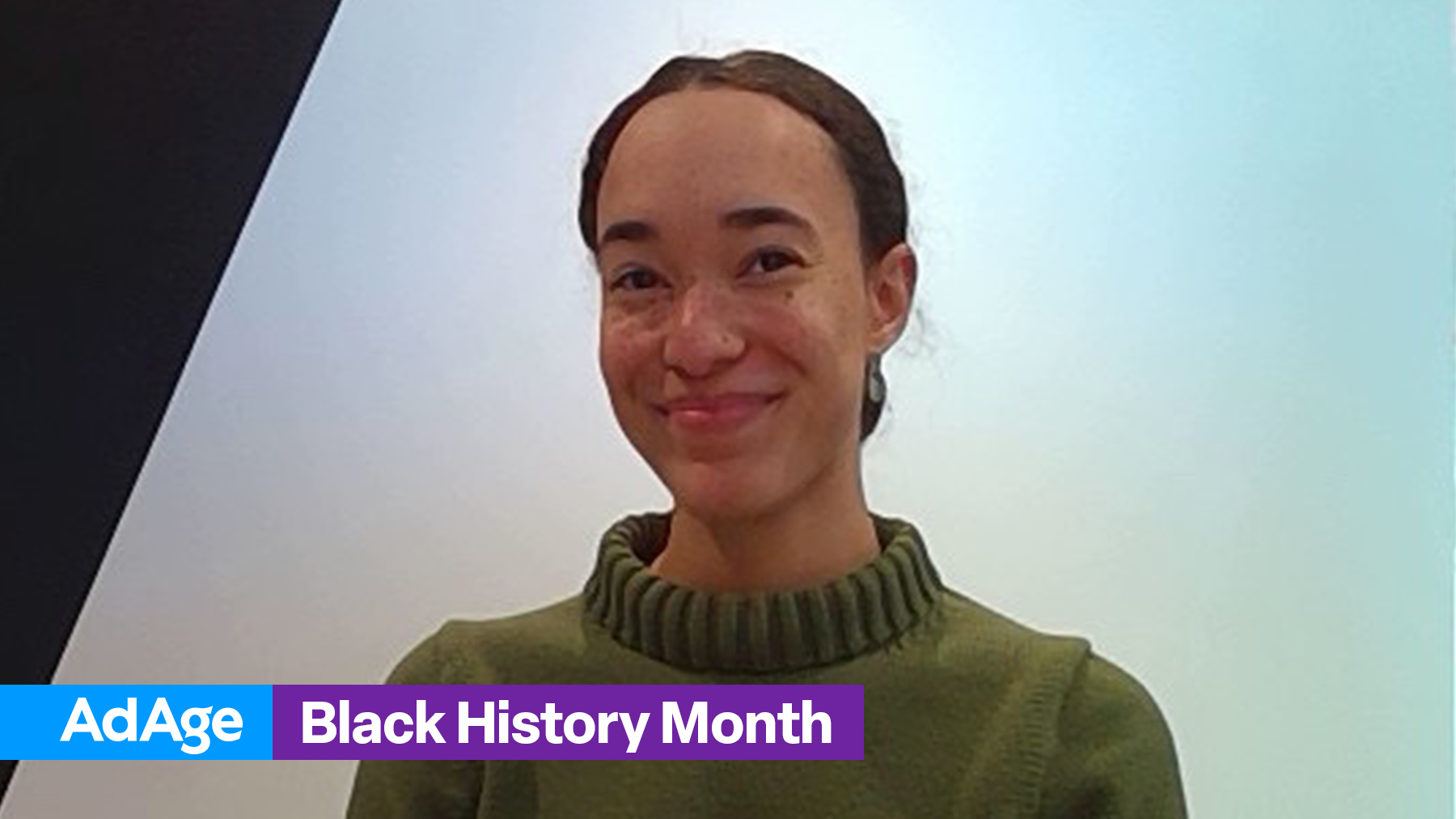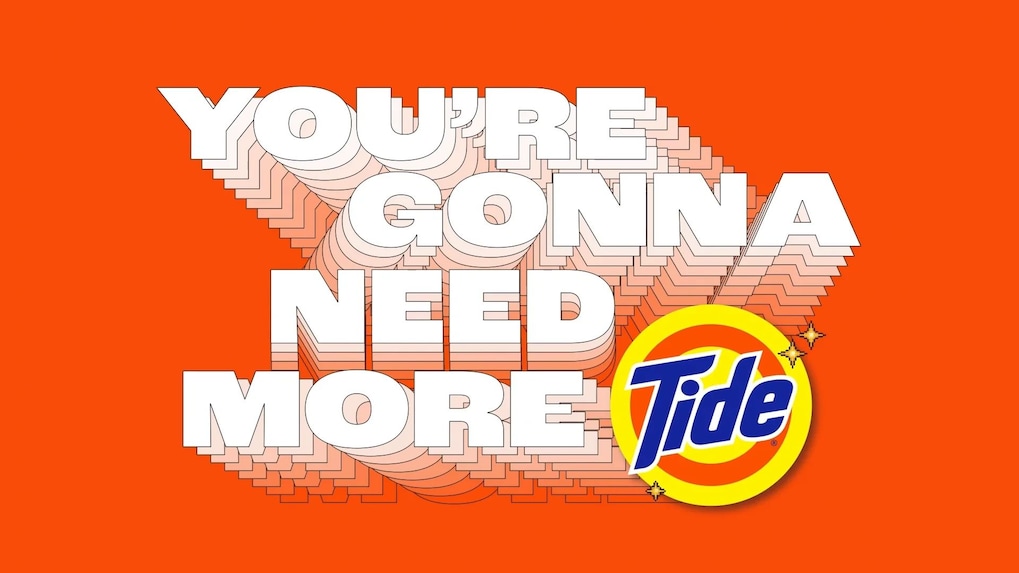As AI agents transition from experimental tools to essential intermediaries, they are revolutionizing the ways people search, shop, and interact online. Tech giants like Google, OpenAI, and Perplexity are racing to develop agentic AI, prompting the advertising industry to prepare for a transformative shift. This evolution holds the potential to redefine consumer journeys and reshape digital marketing strategies.
Despite the buzz surrounding AI, many marketers have yet to fully embrace generative AI investments. According to a Gartner survey of over 400 marketing leaders, 27% of Chief Marketing Officers (CMOs) revealed that their teams had minimal or no adoption of generative AI. Gartner analyst Noam Dorros cautions marketers against chasing uncertain futures, emphasizing the importance of focusing on consumer behavior and needs. By establishing a strong foundation, marketers can better pivot and adapt to future changes.
AI Reshaping Online Information Access
AI is subtly shifting how people access information online, moving away from traditional search engines. StatCounter data shows that Google’s global market share dropped to 89.65% in April, the lowest since 2013. In the U.S., Google’s market share was 86.71%, with Bing, Yahoo, and DuckDuckGo trailing behind. Meanwhile, AI search platforms are gaining traction. Google’s AI Overviews feature boasts 1.5 billion monthly users, and AI search startups like Perplexity are experiencing growth, with monthly searches increasing from 2.5 million in January to 20 million by December. A Semrush study estimated that ChatGPT handles around 37.5 million search-like queries daily.
Impact on Ad Opportunities
The shift in search behavior is likely to limit ad opportunities during the consumer journey’s consideration stage. A recent eMarketer report predicts a 38% drop in ad exposure during discovery, 47% during consideration, and 30% at conversion. As a result, marketers are exploring new ways to optimize AI content, product feeds, and direct integrations with AI agents, moving away from solely relying on paid ads. AI agents may mediate consumer research, potentially enhancing product awareness but negatively impacting consideration and conversion.
Companies like Microsoft are introducing new ad formats within chat-based platforms. In March, they unveiled a suite of AI-powered ad innovations through their Copilot platform, targeting industries such as retail, gaming, travel, financial services, and automotive.
AI Agents: On the Horizon
AI agents are evolving into powerful, self-directed tools capable of complex tasks, including autonomous navigation, browsing, and shopping. Over recent months, AI companies have introduced new agentic AI tools that change how people browse and shop online. Notable examples include Google’s Mariner, OpenAI’s Operator, Amazon’s Nova Act, and Perplexity’s Comet.
A report by Enders Analysis highlights the progress of deep research agents, with OpenAI agents doubling their performance on the “Humanity’s Last Exam” benchmark to 26.6% through web browsing and coding tools.
The Rise of AI as Marketing Intermediaries
AI agents are poised to become key players in marketing, challenging traditional advertising models. A Bain & Company report reveals that around 80% of U.S. consumers rely on AI-generated content for at least 40% of their searches. Trust in AI varies based on context, with 56% trusting AI for learning and 51% for shopping. Trust decreases in sensitive areas, such as health advice, financial guidance, and news.
While advertisers retain budget control, companies like Visa and Mastercard are allowing AI agents to make purchases through systems like Visa’s “Intelligent Commerce” and Mastercard’s “Agent Pay.” Additionally, ChatGPT and Shopify have introduced in-chat shopping capabilities.
A Blueprint for AI Chatbots
A new report from Wharton provides insights for marketers on using AI chatbots to enhance personalization and build trust. The research suggests that people are more likely to accept higher-than-expected prices from AI than from humans. Machine-like bots tend to handle complaints better, while human-like bots boost engagement. Subtle flattery can be persuasive, especially when delivered by less humanlike bots.
Marketing professor Stefano Puntoni underscores the effectiveness of flattery, cautioning that its impact diminishes when it becomes overly obvious. The research indicates people prefer to receive good news from humans but react similarly to rejections from both human and chatbot sources.
Note: This article is inspired by content from https://digiday.com/marketing/in-graphic-detail-how-ai-is-changing-search-and-advertising/. It has been rephrased for originality. Images are credited to the original source.










Leave a Reply